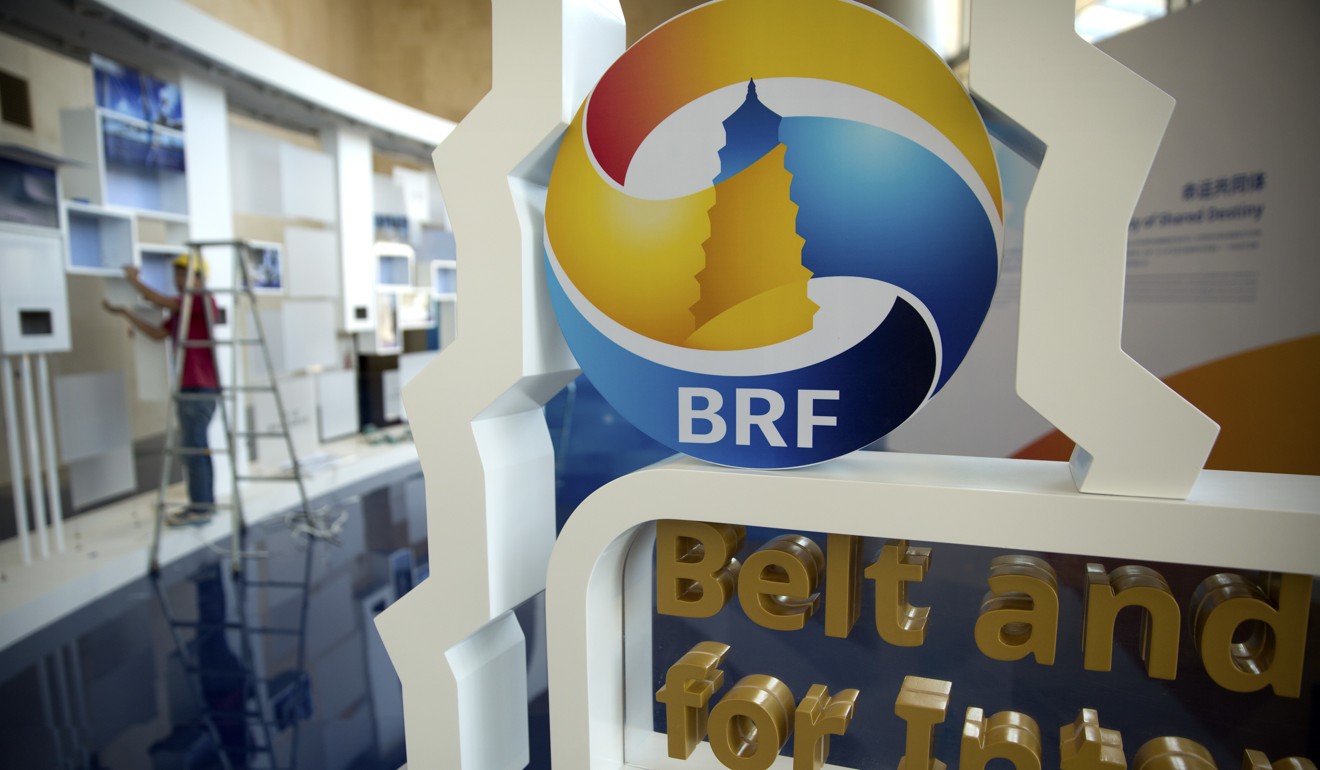
Washington’s envoy to Hong Kong seeks to expand US’s role in Beijing infrastructure plan
Kurt Tong aims to encourage greater US participation in China’s globalisation strategy by fostering cooperation between US and Hong Kong firms
Washington’s Consul General to Hong Kong and Macau said he’s trying to encourage more US participation in projects related to China’s ambitious infrastructure plan by fostering cooperation between US and Hong Kong firms.
Speaking at an Asia Society event in New York, Kurt Tong said Hong Kong financial and engineering firms want to be involved in Beijing’s “Belt and Road Initiative” (BRI), partly because of the profits they stand to gain by arranging the required financing, creating opportunities for US firms looking for secure ways to be involved as co-financiers, engineers or project managers.

“We have good and clear and established business relationships and channels with institutions operating in Hong Kong to a much greater extent than we do with mainland companies, Tong said.
“To the extent to which decision making becomes a diffuse reality under the BRI and more of that is in Hong Kong and it’s not all centred in Beijing and Shanghai, there’s going to be business opportunities for the US. I’m trying to figure out constructive ways to catalyse this.”
US global construction and engineering companies including Aecom, Fluor Corp, Bechtel Group and Kiewit Corp have been largely quiet about Beijing’s initiative to construct ports, pipelines, highways and ports as a means to speed up and simplify trade flows between Asia and Europe.
The US engineering and construction industry stands to miss out. Expected to require at least US$5 trillion over the next five years alone, Belt and Road involves 65 countries across the three continents of Asia, Europe and Africa.
Tong also said US companies would be more inclined to join Hong Kong-led consortia for Belt and Road projects because they’ve had more experience operating projects using international standards.
“One of the US concerns about China emerging rather rapidly on the global financing stage is that China has not been following internally the same rules for project development, transparency, procurement, environmental safety, social impact and the like that are considered international standards as practiced by the World Bank or the Asia Development Bank.”

